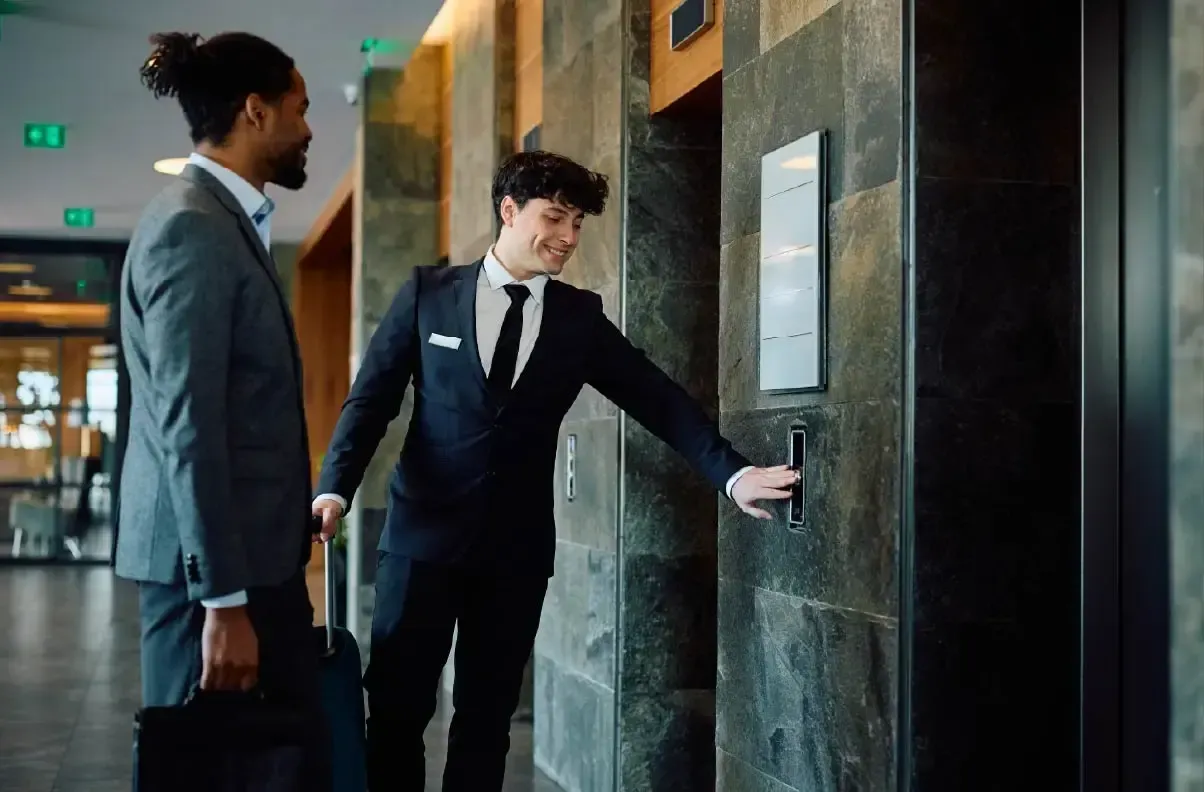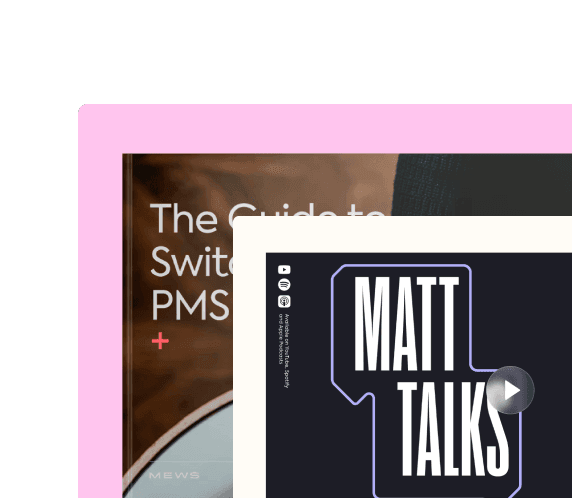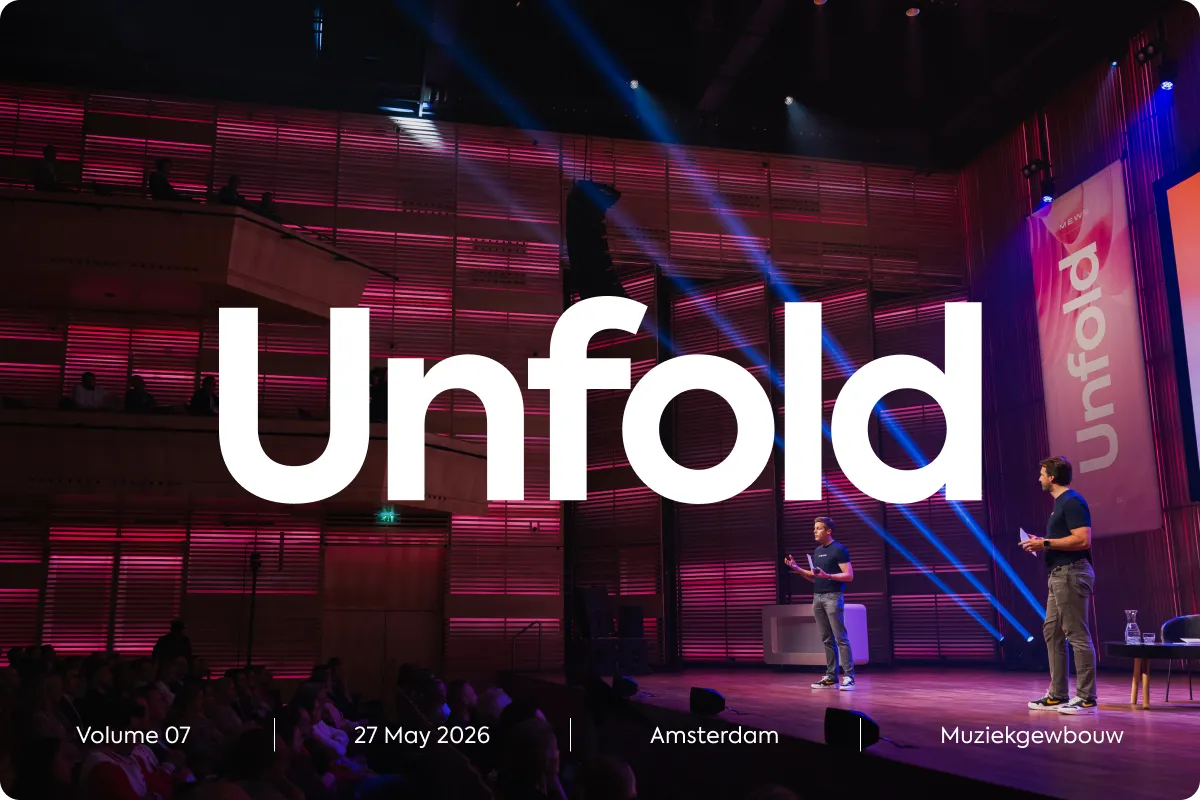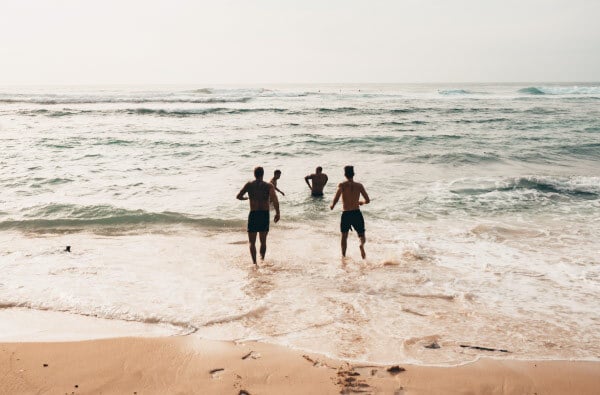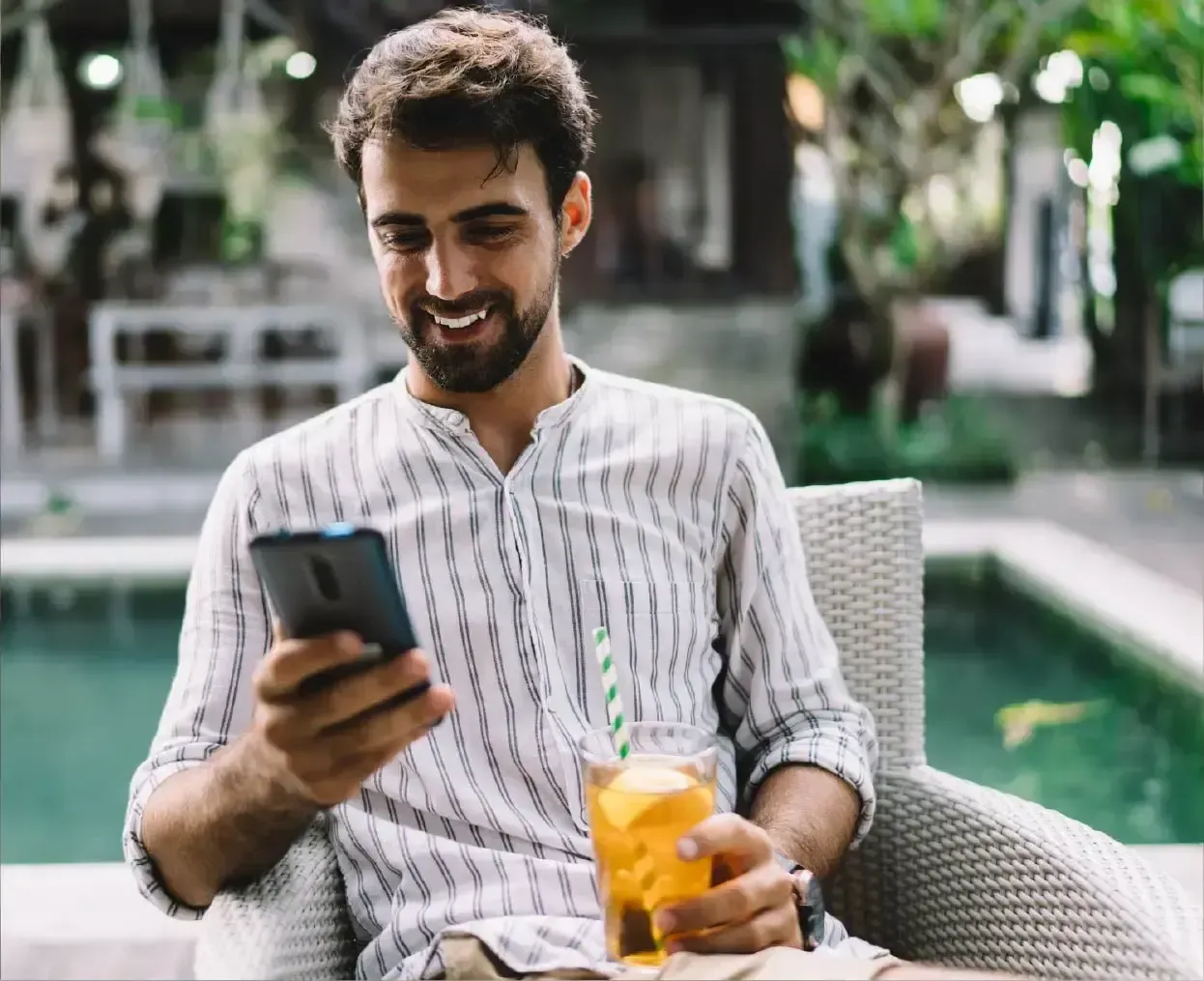One of the biggest changes since the pandemic struck is the huge increase in remote working. For hoteliers that rely on a steady income from business travel, it’s also one of the scariest changes. If working from home and online conferences calls remain the de facto way of operating for most businesses, how do hotels pivot to keep their rooms occupied and revenue healthy?
Enter the leisure guest. With many of us locked down for well over a year, there’s a huge appetite for personal travel – somewhat menacingly labelled as revenge travel. We've already seen a surge in holiday bookings in countries with advanced vaccination rollouts such as the UK and the US, and although the situation can still change rapidly, the signs are encouraging.
What will happen to business travel?
In short, nobody knows. Given the unprecedented times we find ourselves in, it would take a brave person to make a prediction. There’s a school of thought that business travel will return – and faster than you think. It's possible that the longer Covid drags on, the more we’ll yearn for a return to in-person networking, and there’s definitely a significant percentage of workers who thrive in the more dynamic ‘real-world’.
The other side of the argument is an acceptance that business travel has peaked. For the majority of businesses, Zoom meetings get the job done. It’s also far more cost-effective, and for many employees – particularly those with families – work travel was an unnecessary stress.
If we had to put money on it, we’d say the reality will lie somewhere in the middle. Business travel will return, but it will be more scrutinized at company-level and will most frequently fall around big events and trade shows that will always favor in-person interactions.
It’s also likely to vary by region and local rules. For instance, MOA Berlin has a strong business base, and is currently seeing plenty of MICE (meetings, incentives, conferencing, exhibitions) bookings because government regulations allow it. “We have been participating in promotions to target leisure guests,” said Stefanie Schubert, Head of Revenue Management, Mercure Hotel MOA Berlin. “But we’ve also been promoting hotel office solutions – hybrid meetings as well as physical meetings with high safety and hygiene measures – to maintain our flow of business customers, and we have a lot of bookings.” Of course, in many parts of the world this still isn’t feasible, and so many hotels are turning to leisure guests to boost occupancy.
Filling the gap with leisure guests
“We have this very interesting dynamic where all the big global brands who typically depend quite heavily on business travelers to fill their hotels are actually having to fight for the leisure business, which independent hotels have been pretty good at capturing for a number of years,” says Joe Pettigrew, Senior Vice President for Commercial Strategy at YOTEL. “The competition for leisure business has gotten even more heated, even though the overall demand is lower.”
What can you do to ensure that your property stands out from the crowd? Some hoteliers are being creative by creating special packages and offers. Parking is a big thing, particularly in markets like the US, and also for domestic travel across Europe as people still look to avoid public transport. Free parking offers are increasingly common, and we’ve also seen gas/petrol credits or cashback on offer.
Cancelation policy is another area that requires definite consideration. Business travelers don’t really care about what happens if their trip gets cancelled – it’s not their money, after all. Leisure travelers, however, definitely do care. So what are your options?
The reality is that because of the uncertainty around constantly changing rules and restrictions, many hotel guests need the safety net of a fully refundable cancelation policy, otherwise they won’t have enough confidence to book. But although a flexible cancelation policy considerably boosts your chances of generating bookings, it leaves you at the mercy of last-minute change of plans, with no feasible way of filling empty rooms on such late notice. This is more true than ever right now, with many people hoarding multiple bookings. The alternative is to have a policy where a guest can change their dates instead of a refund, or even try a stricter policy to make it less likely that guests will cancel. If you go down this route, you’ll likely have to lower your room rate in order to secure bookings.
The importance of cross-selling
Whatever decision you make with your cancelation policy, there are a few things you can do to reduce the chance of a canceled booking. For instance, the more you’ve managed to upsell and cross-sell products, the more ‘sticky’ a guest will be. Imagine a guest has booked your hotel and a similar hotel for the same time period. With your competitor they’ve only booked their accommodation, but thanks to your amazing hotel pre-arrival emails, they’ve already booked a spa package, dinner at your restaurant, and a Segway tour with one of your partners. They’re much less likely to cancel your reservation, because they’re much more invested – psychologically as well as financially.
This is a feeling shared by Frank Tuhusula, General Manager at WestCord Fashion Hotel Amsterdam.
“When business travel comes back, hotels with multiple facilities will have a big advantage. We have a spa, we have a swimming pool, we have a restaurant. We have a lobby bar, a café, a cocktail bar, meeting rooms, a parking garage... So we have the full package. I think the parking will be especially important, but because of all these facilities, I think we’ll quickly get our occupancy up.”
Changes in demographic and booking habits
More leisure guests means a wider variety of demographic, whether that’s age or group type – i.e. couples and families, not solo travelers. It might also mean a shift in nationalities, although this is largely a result of Covid. Domestic holidays will continue to be the main choice for the majority of holidaymakers, so if you aren’t already, target your marketing to your home country. As a case in point, WestCord are a Dutch hotel chain benefiting from domestic leisure travel. Frank Tuhusula: “We have a few hotels on the water island in the North, and they've never been better because Dutch guests will happily go there. They have the highest ADR and occupancy that they’ve ever had.”
The majority of business bookings tend to be made on desktop via a special portal, or even over the phone. The same isn’t true for leisure guests. To capture the greatest number of bookings, you need a slick, easy-to-use mobile site. As far back as 2017, more guests were making more bookings via their phone than a desktop. Many properties have seen this trend accelerate rapidly over the past year; at YOTEL, mobile bookings used to account for 20% of online bookings – now it’s 60%. If your website and booking engine aren’t optimized for mobile, get on it right away.
Advertising and social media strategies
How do you target a different type of customer? It’s time to fine-tune your online advertising strategy. One thing we’ve seen is that many hoteliers and now investing more of their money in paid advertising on social media platforms like Facebook and Instagram.
Throwing money at search terms in Google like ‘hotels in London’ typically mean a really high cost per click because there’s so much competition for them. Conversely, targeting more specific long-tail keywords usually means there’s not enough volume to make the investment worthwhile. Paid ads on social, however, can be much more effective in reaching your target audience, and purchasing through these channels is becoming much more commonplace.
Joe from YOTEL provided some brilliant insights into the specifics of their decision making over the last few months:
“Pre-Covid, we spent a lot of money to bid on our own brand terms on paid search. If you search for YOTEL Boston, I wanted to make sure I show up number one. Why? Because the OTAs are bidding on them and that's what I care about. I want to make sure I'm on meta search for the exact same reasons. These campaigns were geared towards lowering cost of sale, but not necessarily giving me any incremental bookings. It assumes that the guest already knows about us, and all I want to do is make sure that they books with my website versus an OTA.
“Today, all of our marketing dollars are spent on the other side of the spectrum, a little higher up on that booking funnel so that we are really generating the incremental booking. Right now, I don't really care if you book on my website or book on OTA. Thank you for your business. What I want to do now is convince someone who's looking to stay in London to stay at one of our hotels instead of a competitor.
"It's really hard to make an ROI work on those types of campaigns, so we're very targeted in those ads that we run. We completely changed our messages to be a lot more about truly what sets us apart from our competitors, so our messaging around automation, contact-free check-in, parking, or any kind of outdoor space.
"We're actually able to generate very good ROI – it’s a lot cheaper than OTA commissions. If Covid has taught us anything, it’s to do paid social ads really well. It has changed our perspective on paid social marketing, moving forward as well, and we'll no longer consider it just a top of the funnel marketing.”
How to win the great reopening
Attracting leisure guests is an integral part of your property’s success in the short term, but it’s just one of many pieces in the reopening puzzle. If you haven’t already, take a look at our guide for how to prepare for the great hotel reopening and give your hotel the best chance of attracting guests and maximizing revenue.
Written by
Tom Brown
When Tom isn't creating outstanding marketing content for Mews as Principal Copywriter, he writes fiction for himself. Either way, he only uses the best words.



